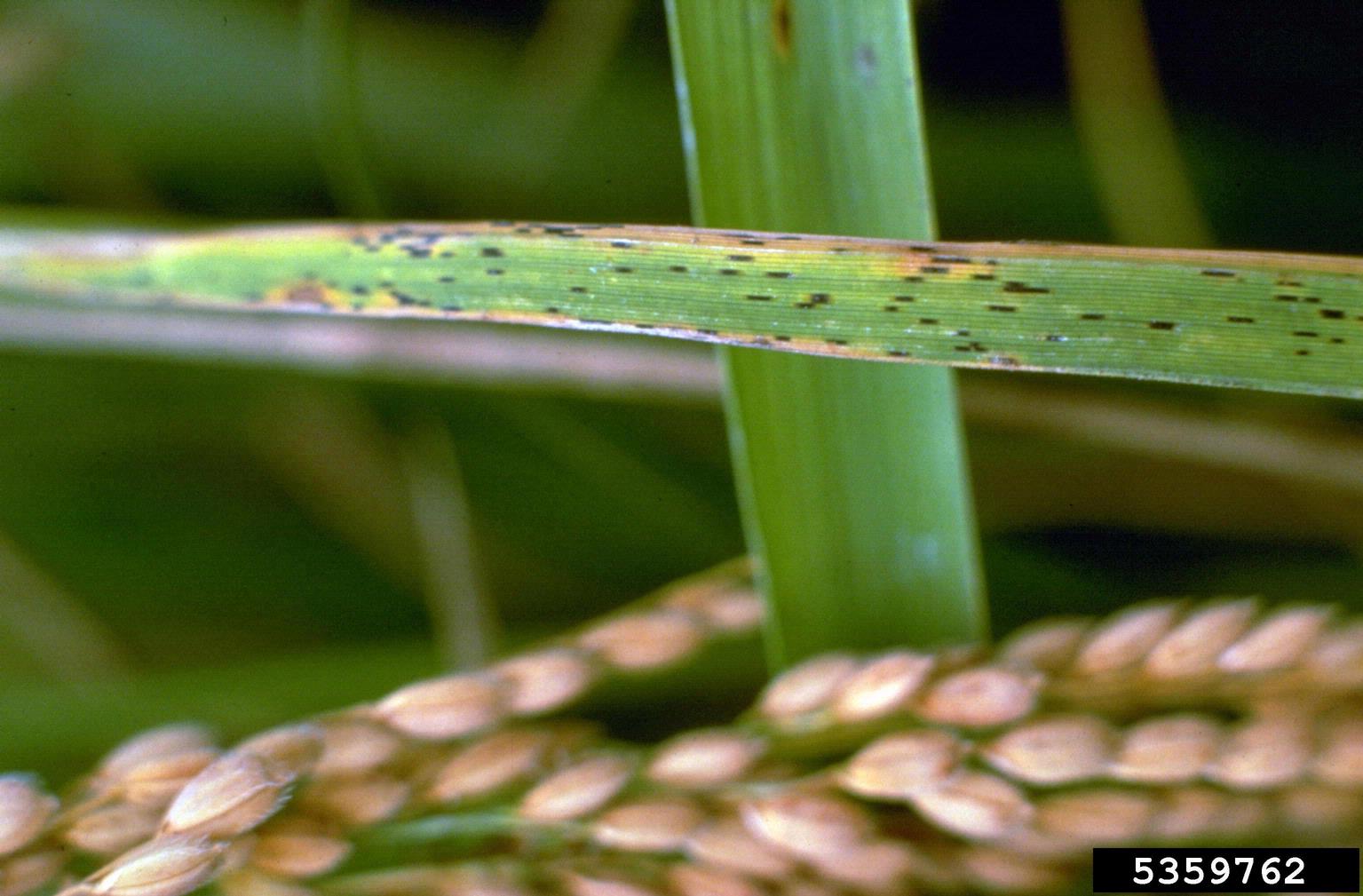Rice Leaf Smut Info – How To Treat Leaf Smut Of Rice Crops


Sign up for the Gardening Know How newsletter today and receive a free copy of our e-book "How to Grow Delicious Tomatoes".
You are now subscribed
Your newsletter sign-up was successful
Rice may not be a typical backyard garden plant, but if you live somewhere soggy, it can be a great addition. This tasty staple food thrives in wet, marshy conditions and warm climates. Diseases can ransack your rice paddy, though, so be aware of signs of infections like leaf smut of rice and what to do to manage or treat it.
Rice Leaf Smut Information
What causes rice leaf smut is a fungus called Entyloma oryzae. Fortunately for your garden, if you see its signs, this infection is usually minor. It is widespread where rice is grown, but leaf smut doesn’t often cause serious damage. However, leaf smut can make your rice vulnerable to other diseases, and ultimately this can cause a yield reduction.
The characteristic sign of rice with leaf smut is the presence of small black spots on the leaves. They are slightly raised and angular and give the leaves the appearance of having been sprinkled with ground pepper. Coverage by these spots is most complete on the oldest leaves. The tips of some leaves with the most infection may die.
Management and Prevention for Leaf Smut of Rice
In most situations, there is no major loss caused by rice leaf smut, so treatment isn’t usually given. However, it can be a good idea to use good general management practices to prevent the infection or keep it in check, and to keep plants healthy overall.
As with many other fungal infections, this one is spread by infected plant material in the soil. When healthy leaves contact the water or ground with old diseased leaves, they can become infected. Cleaning up debris at the end of each growing season can prevent spread of leaf smut.
Keeping a good nutrient balance is also important, as high nitrogen levels increases the incidence of the disease. Finally, if leaf smut has been a problem in your growing area, consider using rice varieties with some resistance.
Sign up for the Gardening Know How newsletter today and receive a free copy of our e-book "How to Grow Delicious Tomatoes".

Mary Ellen Ellis has been gardening for over 20 years. With degrees in Chemistry and Biology, Mary Ellen's specialties are flowers, native plants, and herbs.